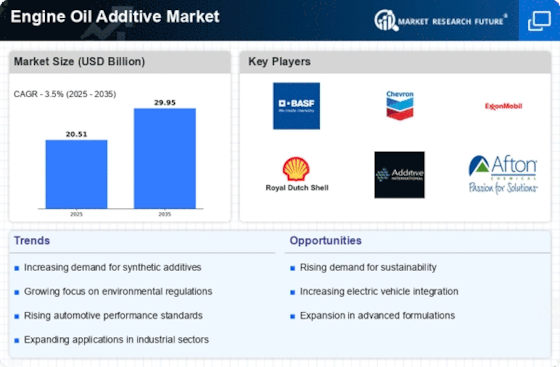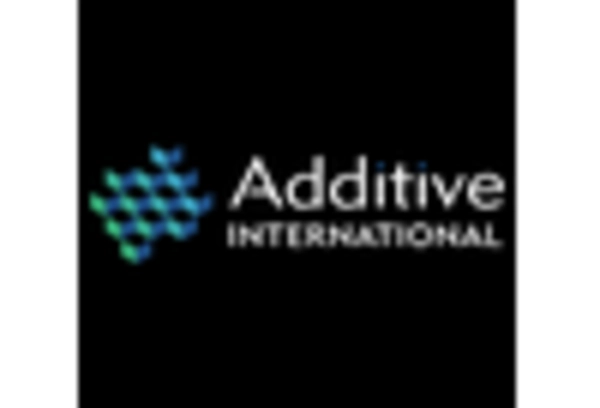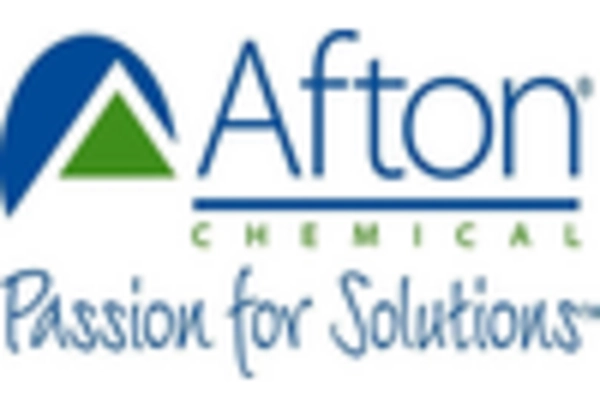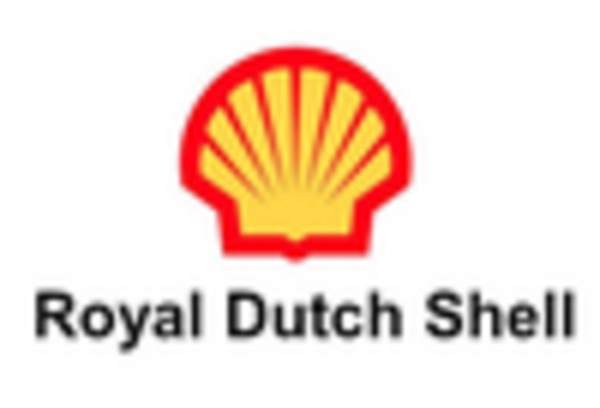Market Analysis
In-depth Analysis of Engine Oil Additive Market Industry Landscape
The Global market for Engine Oil Additives operates within a dynamic framework, with various aspects impacting its development and trends. Identification of these market conditions is necessary for stakeholders and businesses focusing on steering the difficulties of the engine oil additive field.
Market circumstances are closely fastened to developments in the automotive field, with fuel efficiency requirements, adaptations in engine design, and radiation norms impacting the demand for specialized engine oil additives.
Constant research and development attempts cause the launch of progressed engine technologies, affecting the creation of inventive additives. Synthetic chemistry and nanotechnology are participating in the production of high-performance additives that improve engine efficiency and durability.
The market is greatly viable, with numerous participants competing for market share. Cost-effectiveness, innovation, and strategic collaborations are valuable for businesses to obtain a competitive superiority in this dynamic platform.
Economic conditions impact the demand for engine oil additives, vehicle sales, and maintenance trends, encompassing fuel prices and overall economic stability. Volatility in raw material prices can also affect production costs, impacting market conditions.
Spurring consumer awareness interpreting the consequence of engine maintenance and the cut of additives thrusts the aftermarket for engine oil additives. Marketing campaigns and educational events play an important role in affecting consumer buying decisions.
The median age of automobiles on the road and ownership patterns impact the demand for maintenance products, encompassing engine oil additives. Escalating environmental consciousness is leading to a demand for sustainable and eco-friendly additives. Biodegradable additives and those that contribute to longer engine life while reducing environmental impact are gaining traction.
The rise of electric automobiles and alternative propulsion systems is impacting the development of additives for new types of engines. Additives that cater to specific needs, such as those in high-performance or heavy-duty applications, are undergoing enhanced demand.
The availability and pricing of raw materials, encompassing base oils and chemical additives, pose challenges for market participants. Businesses need resilient supply chain strategies to navigate potential disruptions and ensure a steady flow of products to the market.


















Leave a Comment